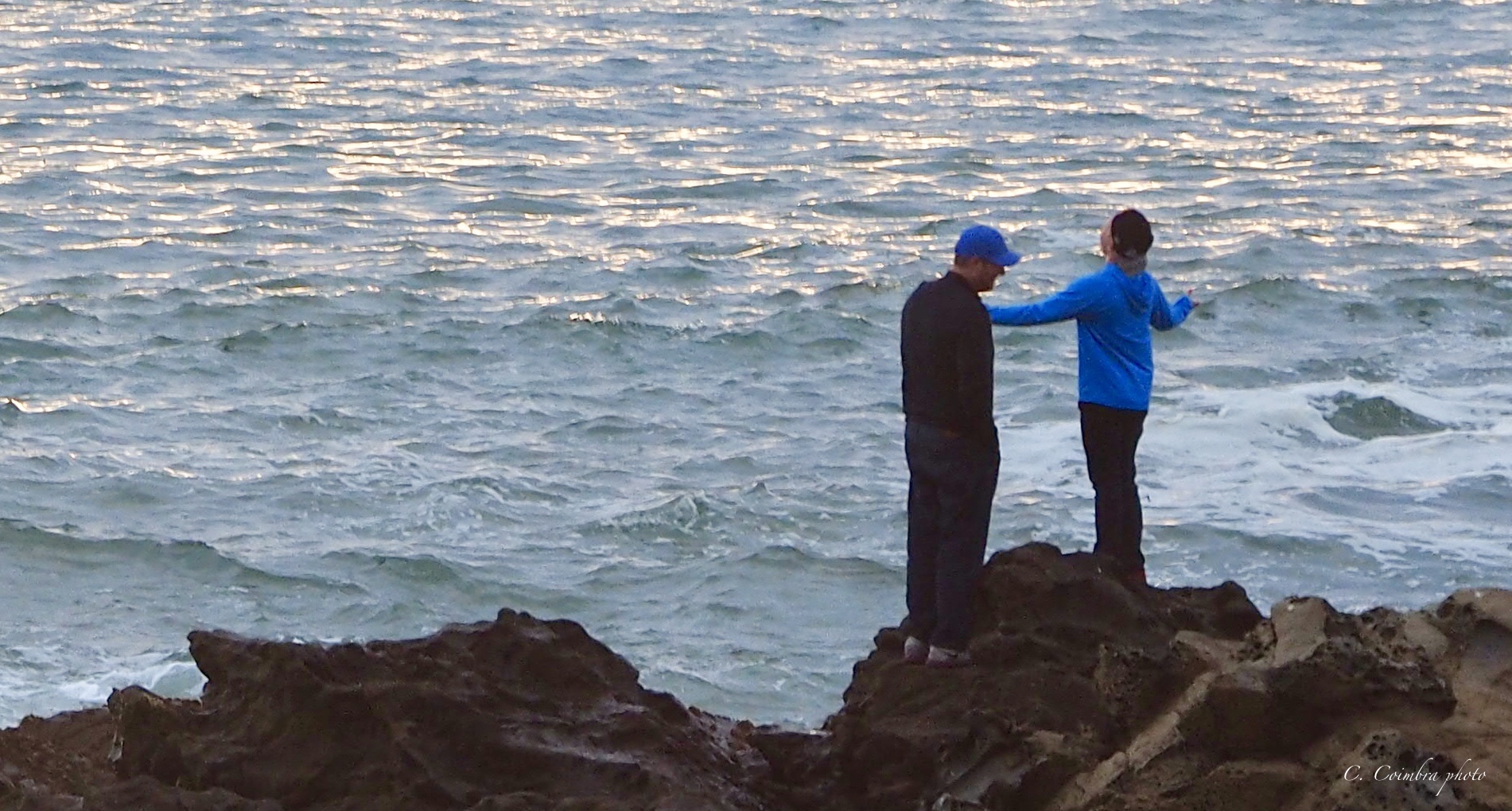“Compassion is a more empowered state and more than an empathetic response to the situation. Kindness is the expression of that compassion through helping, a basic form about your wisdom. Compassion is what makes it possible for empathetic reaction to manifest in kindness,” writes Thupten Jinpa in his book, “A Fearless Heart.”
The plea of spiritual and academic leaders to seek a road toward compassion has spearheaded movements, books, websites and social action to make compassion a foremost element in our daily lives.
But it would not be fair to exclude those who believe compassion is a weakness. How many times do we hear “Winner takes all,” “Only the strong survive,” or “It’s a dog eat dog world”?
White House Office of Management and Budget Director Mick Mulvaney when presenting the proposed federal budget stated, “We no longer want to measure compassion by the number of programs that we have, or the number of people that are on those programs. We want to measure compassion, true compassion, by the number of people we help to get off those programs.” This is trickery in language and an attempt to use a word that spiritual leaders profess as one of the highest paths to becoming a force for good.
For one, compassion is not a measured state. Compassion doesn’t take away help. Compassion is not political. Compassion is many things, but not as defined by Director Mulvaney.
“In the classical teachings of the Buddhist tradition compassion is defined as the heart that trembles in the face of suffering. It is aspired to as the noblest quality of the human heart, the motivation underlying all meditative paths of healing and liberation,” wrote Christina Feldman and Willem Kuyken for “Contemporary Buddhism.”
“Compassion literally means ‘to suffer together. Among emotion researchers, it is defined as the feeling that arises when you are confronted with another’s suffering and feel motivated to relieve that suffering,” explains The Greater Good Science Center at the University of California at Berkeley.
Multiple research efforts indicate that we are born with compassion. Compassion, as opposed to fear, aggression, suspicion, and antagonism, takes strength to enact. The end result outweighs those negative reactions beginning with the understanding that we are all interconnected in one format or the other.
Compassion’s time has come. As the world grows smaller and our populations increase to nearly unsustainable numbers, how does it make sense to continue to consume the planet’s resources with no vision of the future or the good of all, as opposed to sustainable and compassionate solutions? How does it make sense to continue to marginalize the disenfranchised? How does it make sense to sort them from us when it is we?
There are what the Dalai Lama refers to as “mischievous persons” among us. They may take powerful positions. But as a wise monk explained to me, “How did the ants empty the grain bin? One ant at a time.”
Nature is the great healer. Taking time for nature can inspire compassion, both for one’s self and others. Through nature we can find our interconnectedness and commonality. We are not at a loss for being nature’s advocate, even when it seems that the proverbial tide has changed and the forces of man over nature seems in control.
The planet is the boss whether we wish to acknowledge that fact or not. We are made of this planet, and as the creator gives, so can the creator take away.
We know it to be true that when we don’t take care of our bodies, the body can shut down in what seems to be an effort to reboot the destruction of the vehicle. Unfortunately, this is a sign that it is too late for physical redemption.
It is natural and necessary to connect with and absorb nature. It is time to reopen our personal gate to our planet’s well-being. This gate is not about I, but about we — our interconnected selves.
Let us become the intrepid beings bent towards emptying the grain bin and building a home rich in compassion and honoring our interconnectedness. And let all change begin with each of us.
—From a work in progress, “Connection — 48 Natural Contemplations” by Charmaine Coimbra


